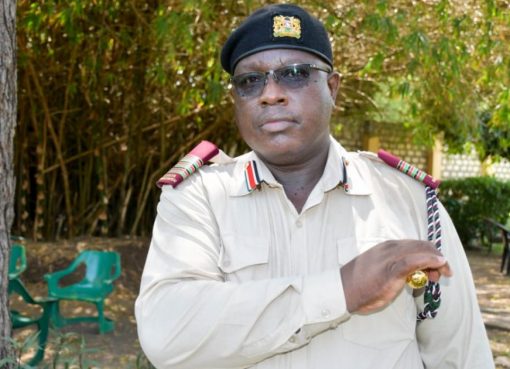The Kenya National Bureau of Statistics (KNBS) has revealed plans to organise a national disability survey next year.
The National Disability Survey (NDS) is a survey tool that provides comprehensive information about the levels of disability in a population while identifying unmet needs and the barriers or inequalities faced by people experiencing different levels of disability. It was developed by the World Health Organisation and the World Bank.
Speaking during a meeting with the National Council for Persons with Disabilities, KNBS Director General Macdonald Obudho stated that the previous National Disability Survey was conducted in 2007, and since then, several surveys and studies have been done that have provided varying numbers due to the methodologies used.
“The 2019 census that was conducted nationwide had its limitations as data was not properly captured. For instance, the statistics of children with disabilities aged five and below were not included. The stand-alone survey that we are organising to be done in 2024 is aimed at getting an accurate number of persons with disabilities in Kenya, delving deeper into the types, severity, and socioeconomic data, among other indicators,” Obudho said.
The director-general emphasised the need to have updated disability statistics, which will go a long way in getting a truer picture of the disability status in Kenya as well as providing reliable data for designing and evaluating programmes targeting people with disabilities.
National Council of Persons with Disabilities (NCPWD) Executive Director Harun Hassan noted that the need for conducting the survey came at a very significant time, with the government committed to achieving pledges made towards people living with disabilities (PWDs).
He stated that the National Disability Survey was designed to provide up-to-date information for planning, monitoring, and evaluating the various activities, programmes, and projects geared towards improving the wellbeing of PWDs.
“The government has a lot of pledges to fulfil for PWDs that include 100 per cent NHIF cover, enhanced support for learners with disabilities, and economic assistance through the Financial Inclusion Fund (Hustler Fund) among others. The success of these programmes is pegged on accurate and reliable data on the PWDs that will ensure sufficient and fair coverage,” said Hassan.
The meeting was held with the support of the Global Partnership for Sustainable Development Data (GPSDD).
By Hellen Lunalo




